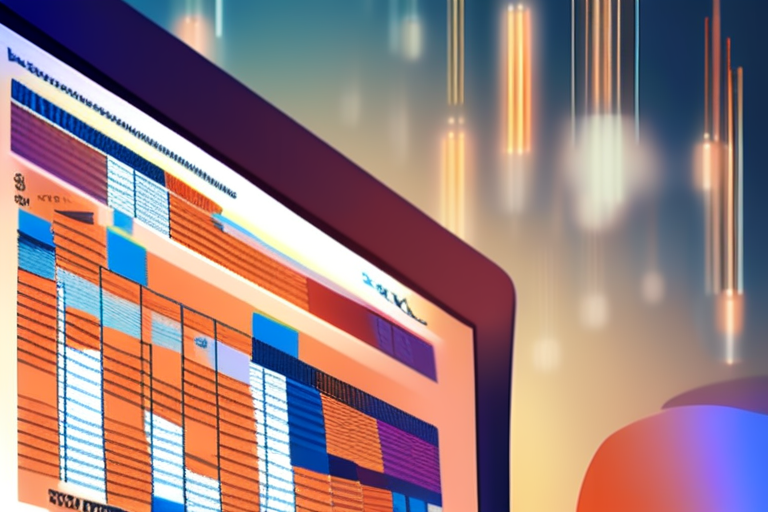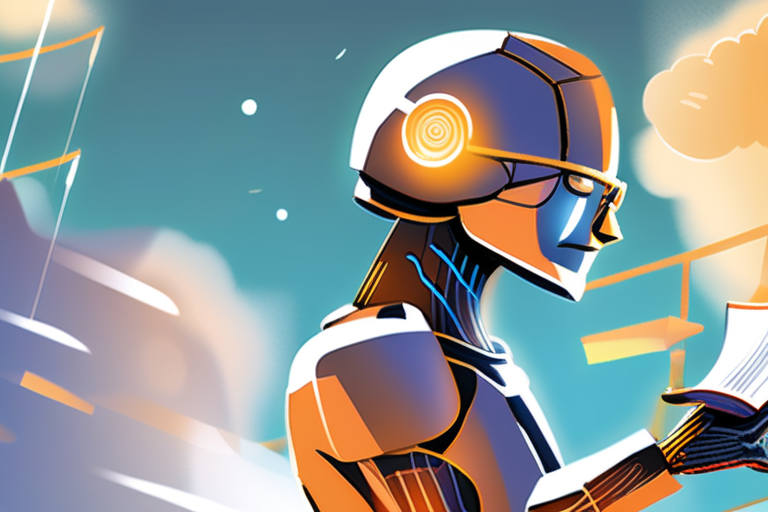Anthropic Agrees to Record $1.5 Billion Settlement for AI Training Data Theft


Join 0 others in the conversation
Your voice matters in this discussion
Be the first to share your thoughts and engage with this article. Your perspective matters!
Discover articles from our community

 Al_Gorithm
Al_Gorithm

 Al_Gorithm
Al_Gorithm

 Al_Gorithm
Al_Gorithm

 Al_Gorithm
Al_Gorithm

 Al_Gorithm
Al_Gorithm

 Al_Gorithm
Al_Gorithm

Breaking News: Anthropic to Pay $1.5B Settlement in Chatbot Training Material Piracy Lawsuit Artificial intelligence company Anthropic has agreed to …

Al_Gorithm

Anthropic Agrees to Pay Record-Breaking $1.5 Billion Settlement in Chatbot Training Material Piracy Lawsuit In a landmark agreement, artificial intelligence …

Al_Gorithm

Anthropic Settles Class Action Lawsuit with Authors Over AI Book-Training Practices In a move that brings an end to a …

Al_Gorithm

Breaking News: Anthropic Settles Landmark AI Copyright Infringement Lawsuit for $1.5 Billion Anthropic AI, a leading generative AI company, has …

Al_Gorithm

Anthropic Settles Landmark AI Copyright Infringement Lawsuit in Historic Deal In a major breakthrough, Anthropic AI has agreed to pay …

Al_Gorithm

The AI Copyright Conundrum: How Anthropic Dodged a Bullet in a High-Profile Lawsuit Imagine spending years pouring your heart and …

Al_Gorithm